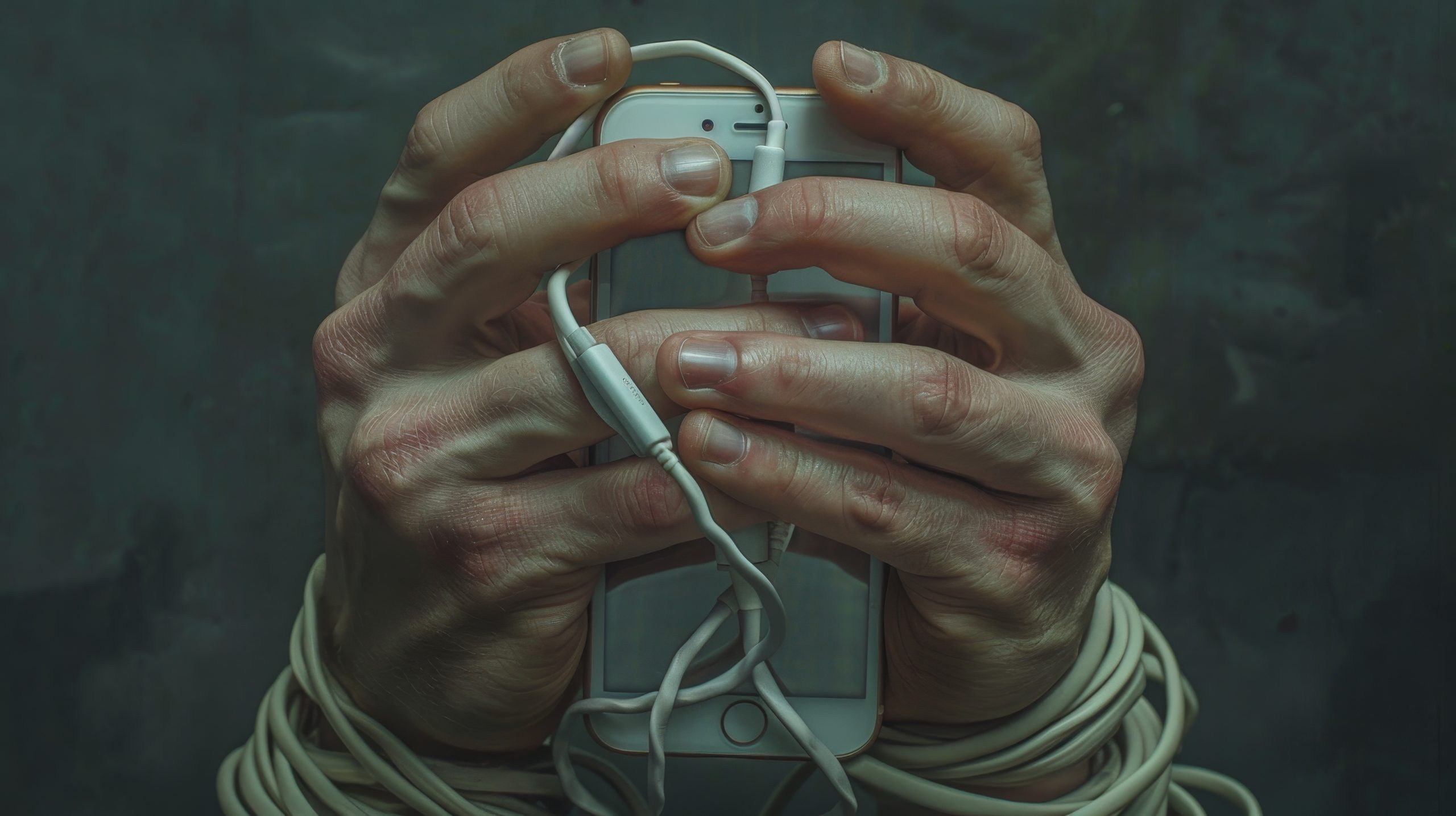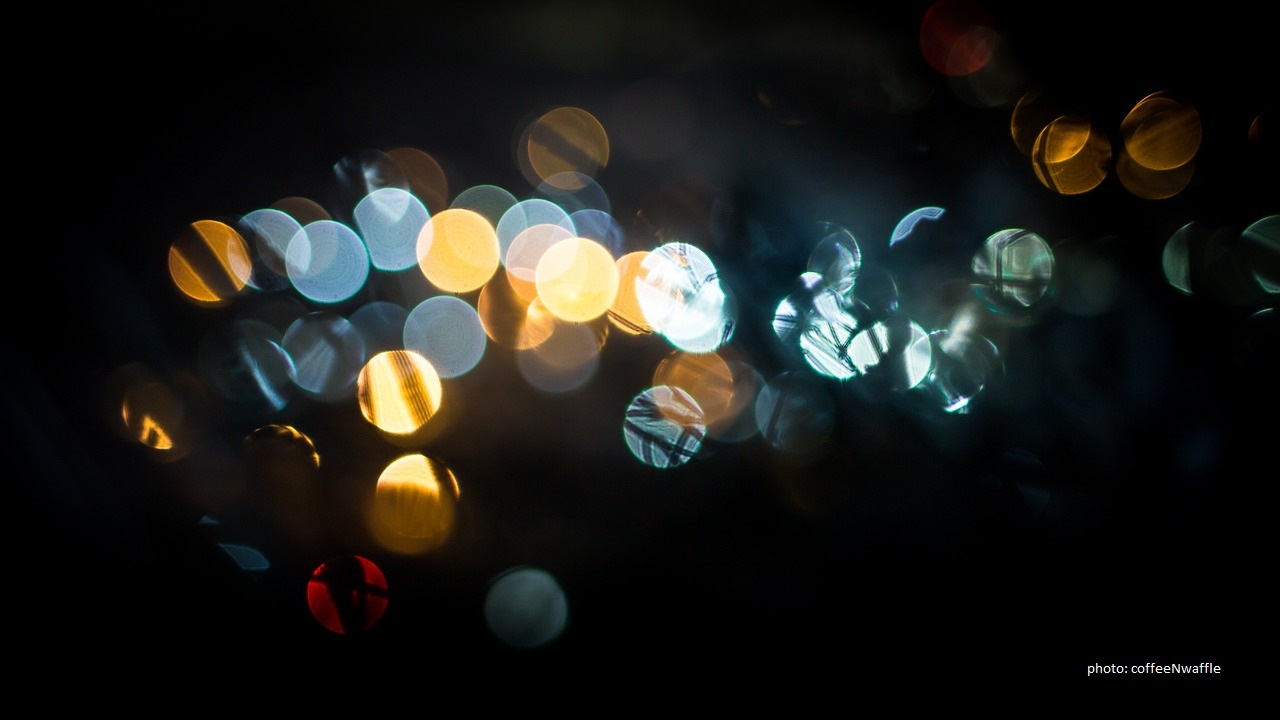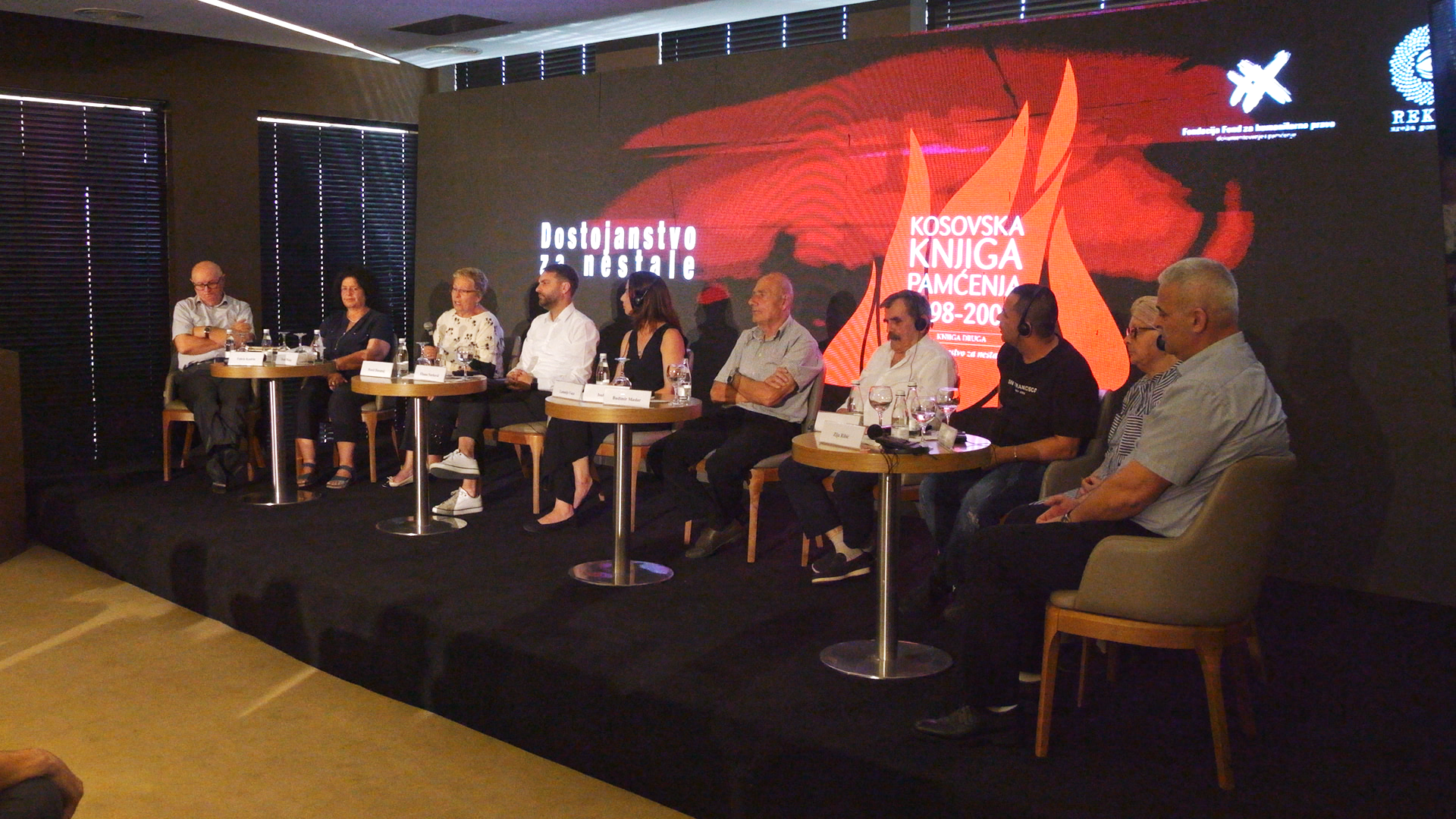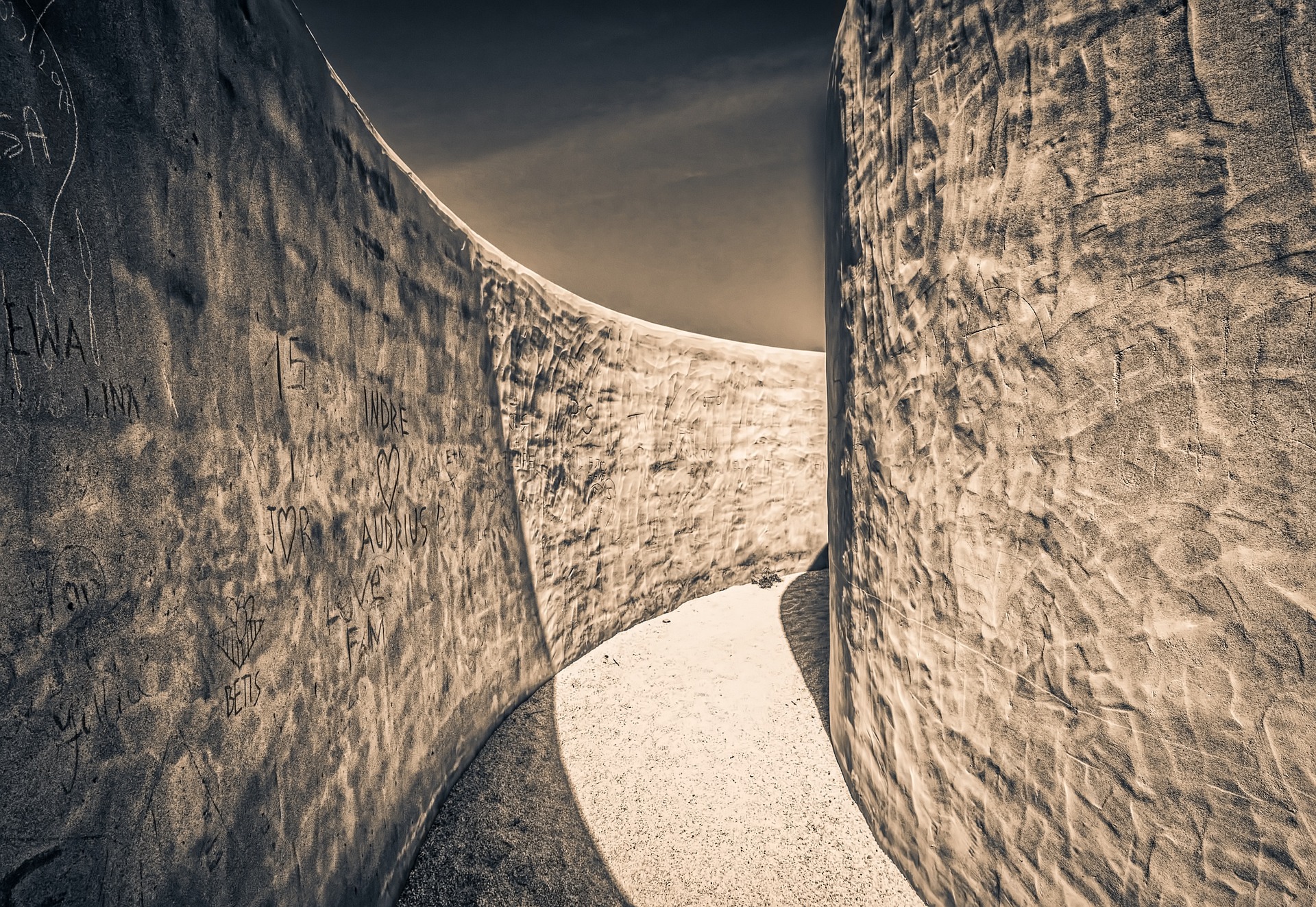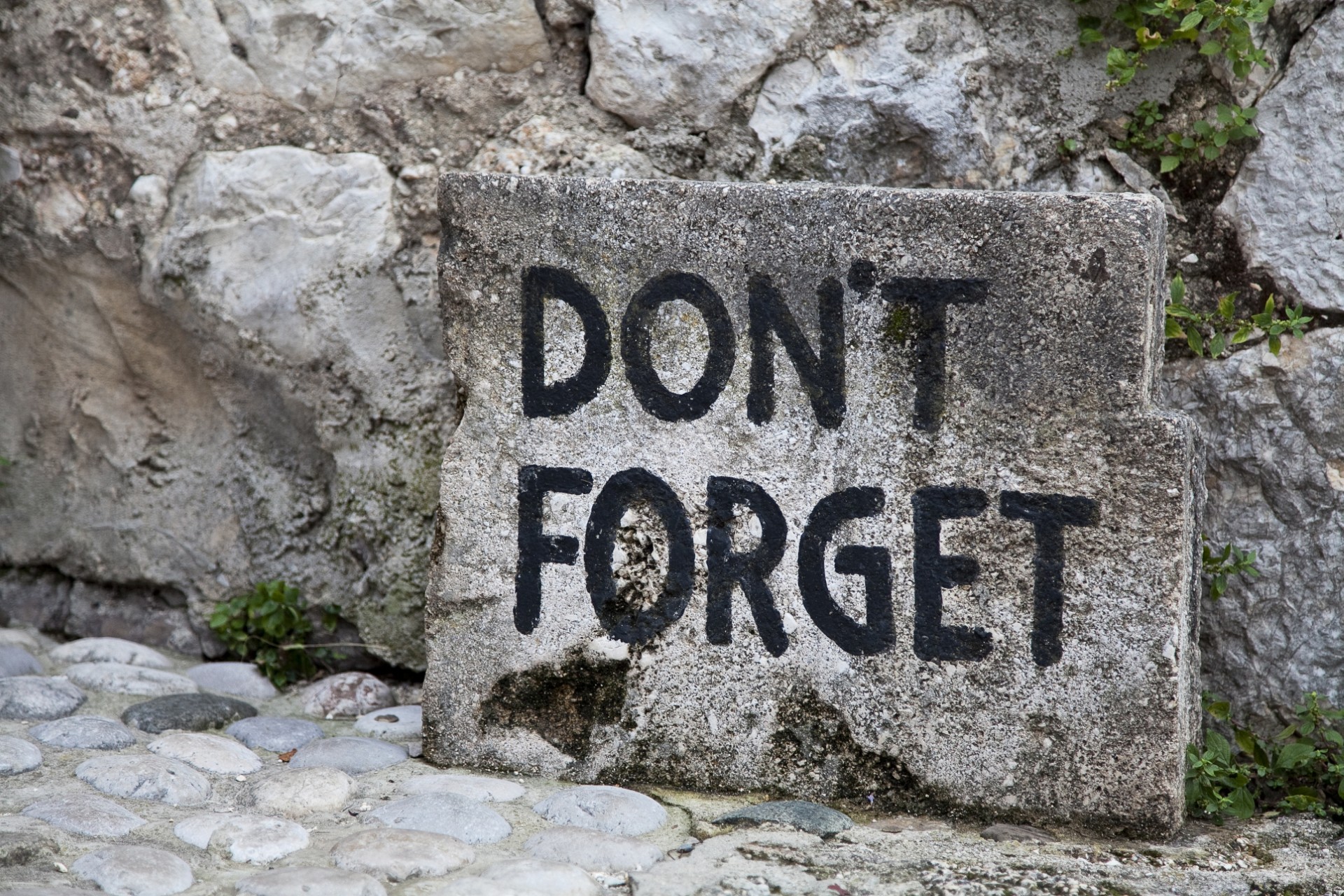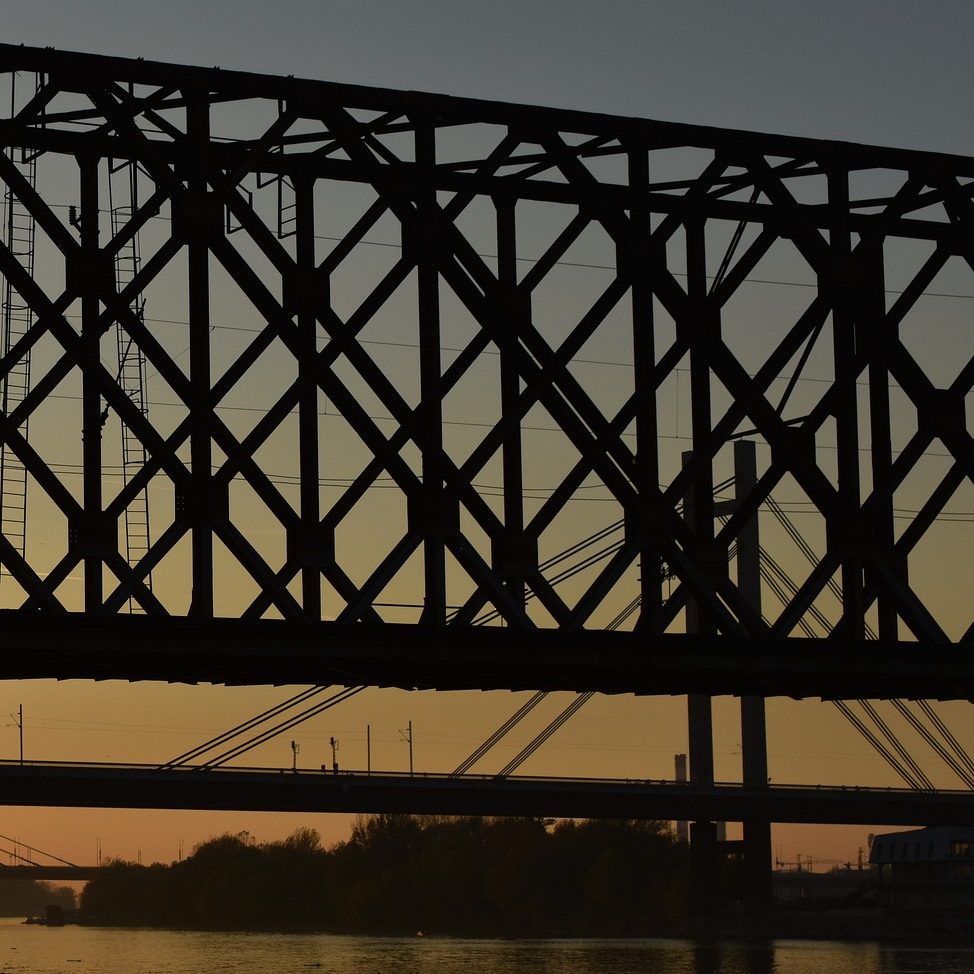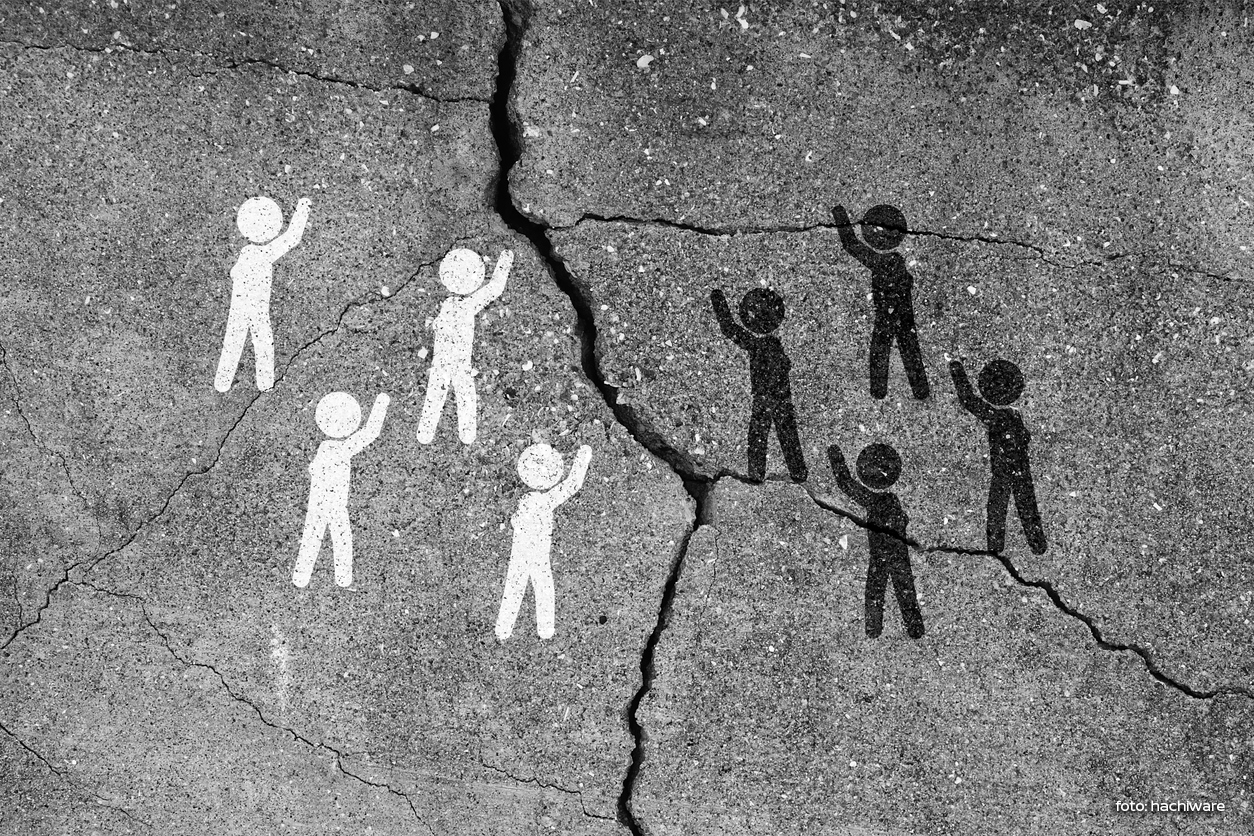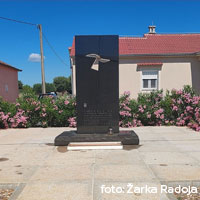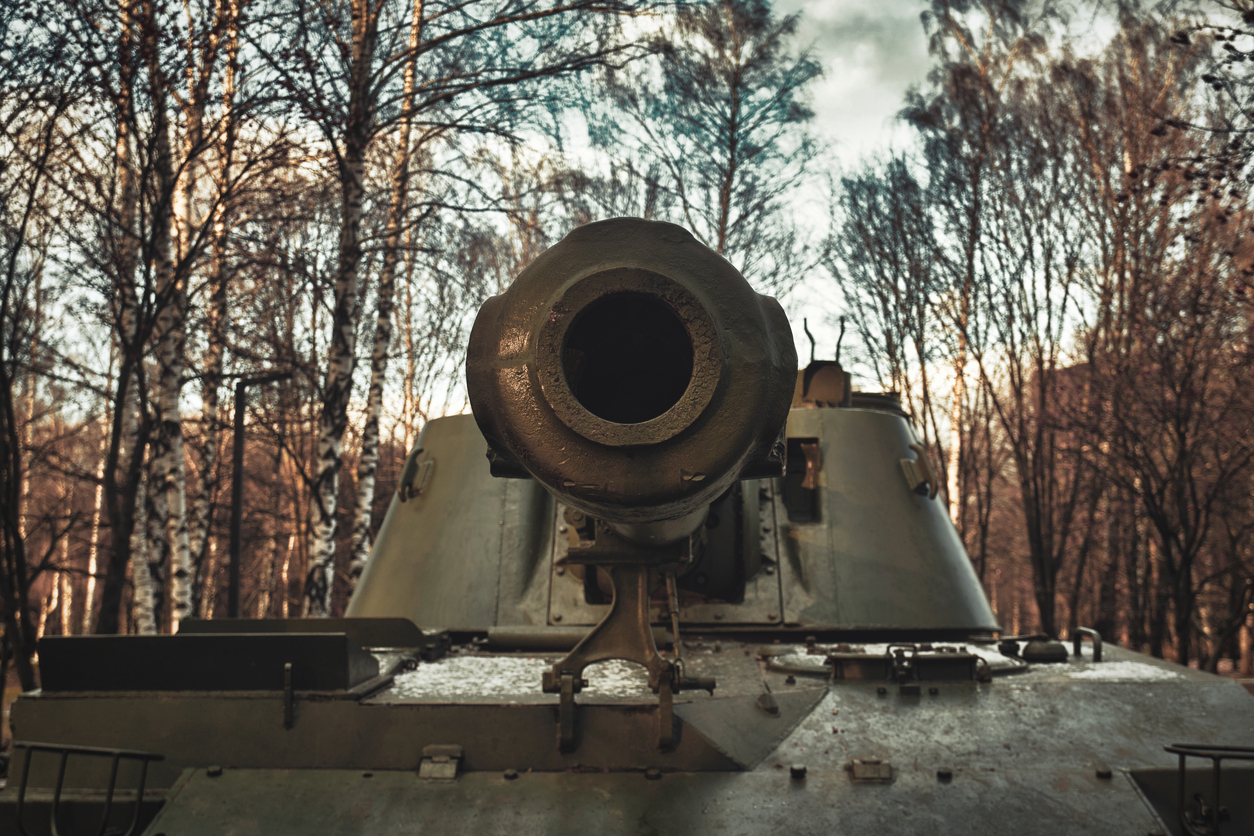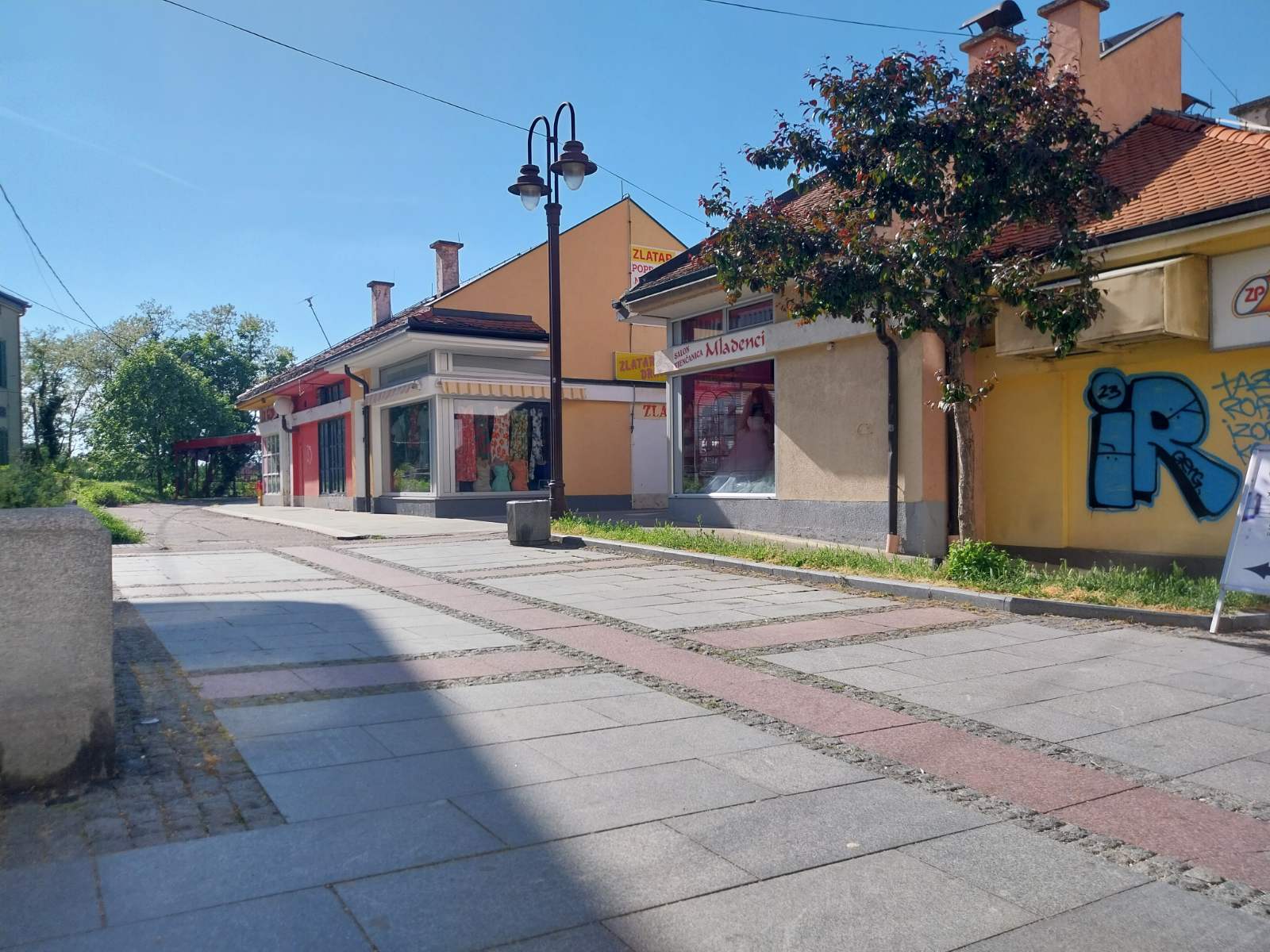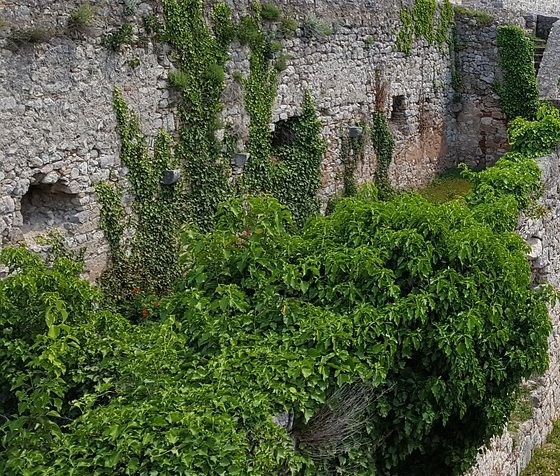By: Mirjana Trifković
On 21 November, it will be 26 years since the end of the war in Bosnia and Herzegovina and the signing of the Dayton Peace Agreement. People born in 1995, when the Dayton Peace Agreement was signed, are essentially a part of social and political life. From the very beginning of their lives, they were exposed to uncertainty, i.e. the absence of war, exposed to a terrible national campaign in which we are all endangered, and where “the other ones” pose a threat to us, a campaign mainly conducted through official policies, formal education, and the media.
The state of Bosnia and Herzegovina has done nothing in the past 26 years to calm the tensions that led to the conflict of the 1990s; in the last few years, the situation is even more difficult than immediately after the tragic conflict in the region, as defined in the Dayton Peace Agreement. Due to the lack of political will, Bosnia and Herzegovina, namely its institutions, have blocked all peace-building processes and dealing with the past, so the Transitional Justice Strategy and the State Law on Civilian Victims of War have been in drawers for several years. On the other hand, there is a political will that the entire education system in the country centres on showing only one side of the story, without questioning one’s own responsibility and “tucking” young people into “national hedges”, because when you are “tucked in” you do not ask anything about what happened in the village where you came from, in the city and finally in the whole state. The mantras about the “constant endangerment of one, the other, the third or the fifth nation” and that such other is always to blame for the state of society have led to the fact that according to the results of the research of the Institute for Youth Development Kult on the Departure of young people from BiH, Croatia, Serbia and Montenegro, as many as 80% of the interviewed young people cannot imagine that things will get better in their country. In comparison, over 40% believe that religious, racial and national issues are overrepresented.
The attitude of the entire system towards the generations that grow up in a deeply divided society, in post-conflict conditions, where differences are always emphasised as something terrible, is a challenge for much more severe, democratic and organised societies than ours, and as this relationship does not exist, that is, this relationship aims at creating even greater division in the society. Therefore, it is not surprising that young people, for the most part, have ethno-nationalist views. This attitude towards young people and the building of a divided culture of remembrance leads to the fact that we are losing an important battle, the battle for young people.
The culture of remembrance in which generations are growing up after the war, that is, the culture of remembrance that develops in the context of Bosnia and Herzegovina, has – as a significant shortcoming – the exclusive portrayal of its victims, neglecting the grief and suffering of others. Such culture of remembrance, in the long run, leads to inconsistent common narratives about the past, resulting in divided societies prone to misuse of remembrance and creation of potential for new conflicts.
On the other hand, many peace NGOs working in Bosnia and Herzegovina are primarily labelled as traitors while doing heroic work instead of the state – gathering testimonies, evidence, working with victims and operating peace programs for young generations who do not remember the war, and who are not interested in politics, while it predominantly affects their lives. Through these programs and their actions, they try to build a different culture of remembrance, a culture of remembrance in which there is room for everyone and where accepting the pain, sorrow and suffering of the other is not a national betrayal.
One example of building such a culture of remembrance is the School of Different Memories in Eastern Bosnia, i.e. in Višegrad, Goražde and Foča. The School of Different Memories is a program based on study visits to exchange experiences of the local community, human rights activists, representatives of religious communities, historians, victims and witnesses on reconciliation and dealing with the past. During the program, we go to one town every day, where we visit places of suffering, pay tribute to the victims, and talk to family members of the victims about what happened in that town… For example, we are talking about the crime against the Bosnian population in Bikavac and Pionirska Street in Višegrad, or during a visit to Foča, about the crime against the Serb population in Jošanica. On each occasion, young people can listen to entirely different stories about the same events from different actors who directly or indirectly participated in that event. If they asked the question, how will they find out the exact truth of what happened there – they will not get the answer on the tray. Instead, they will have the opportunity to hear the local narrative based on several different opinions about the same event. At the end of each day, the participants come out very confused because they thought they would get all the information about the events in Eastern Bosnia.
Furthermore, the program is very emotional and essentially represents facing themselves and their vision of war and war events. My involvement in the program is based on working directly with young people. Using reflection as a method of a group conversation with participants, I talk about how they feel, what was the strongest impression of the day; thus, with a series of questions about that day, about the topics covered during the day, I help them get out of the personal and emotional field, to elevate the topics covered during the day to a social level, so to understand together that the war has brought no good to anyone, and that we should not neglect the most essential human values.
Numerous other organisations implement peace programs, such as the Association “Pravi požar” (meaning: Real Fire) from Derventa, which works with war veterans from all three armies in Bosnia and Herzegovina. In addition to working with war veterans, they also conduct workshops with young people due to the transferred trauma, misunderstanding of the past and the consequences that the war left on their parents and society. The workshop is conceived as a conversation of young people with someone with whom they do not often have the opportunity to meet and talk, with someone whose image in their environment is dehumanised and represents an enemy who has caused pain and suffering. It was also designed as an opportunity for young people to learn from young war veterans about their experience, lessons and messages, about their will and motivation to work toward reconciliation, even though they were “shooting at each other”, and to learn what consequences the war left on them and their families and environment.
These two models are examples of the peace programs in Bosnia and Herzegovina implemented by non-governmental organisations and represent an alternative towards building a different culture of remembrance. Through participation in these and similar programs, young people are eager for new knowledge and a better acquaintance with their society and the people with whom they live. These programs give hope that it is possible to build a new and better community, free from the heavy burden that our fathers left us as a legacy. For these and similar peace programs to have a long-term impact on society and to create preconditions for sustainable reconciliation and enduring peace in the region, it is necessary to involve as many young people as possible in reconciliation and fact-finding processes, as only a constructive and critical attitude towards the past of one’s own nation, but also respect for the suffering of other nationalities in BiH, can contribute to the creation of a culture of remembrance, mutual respect and esteem.

